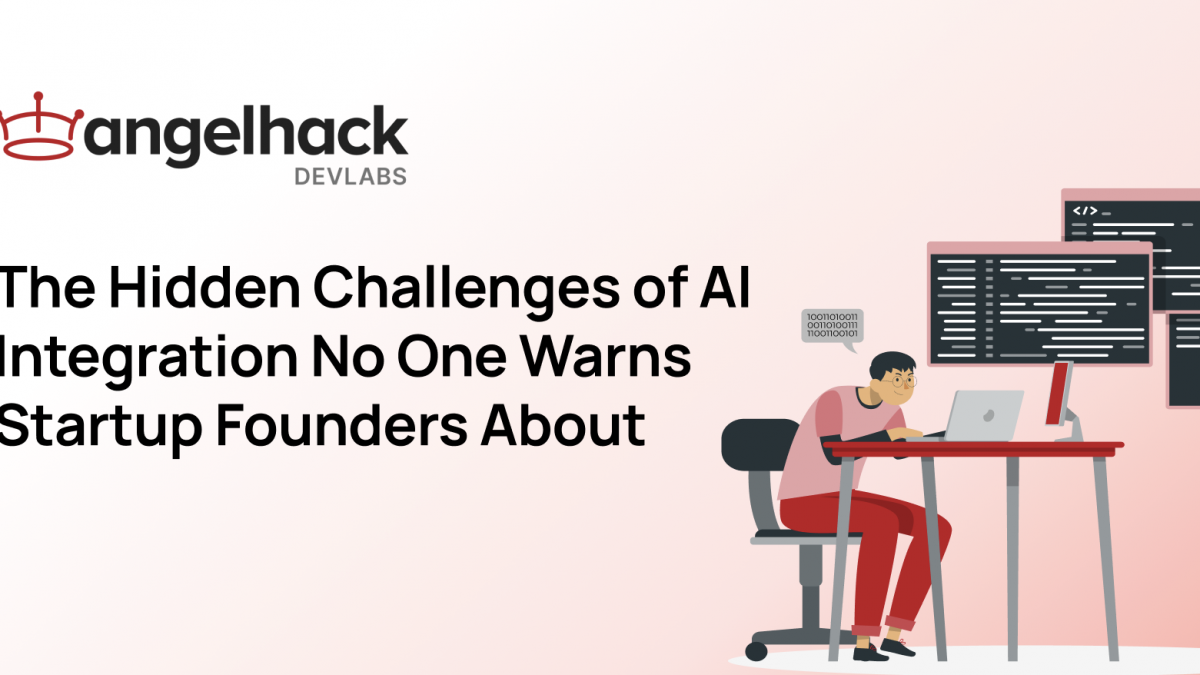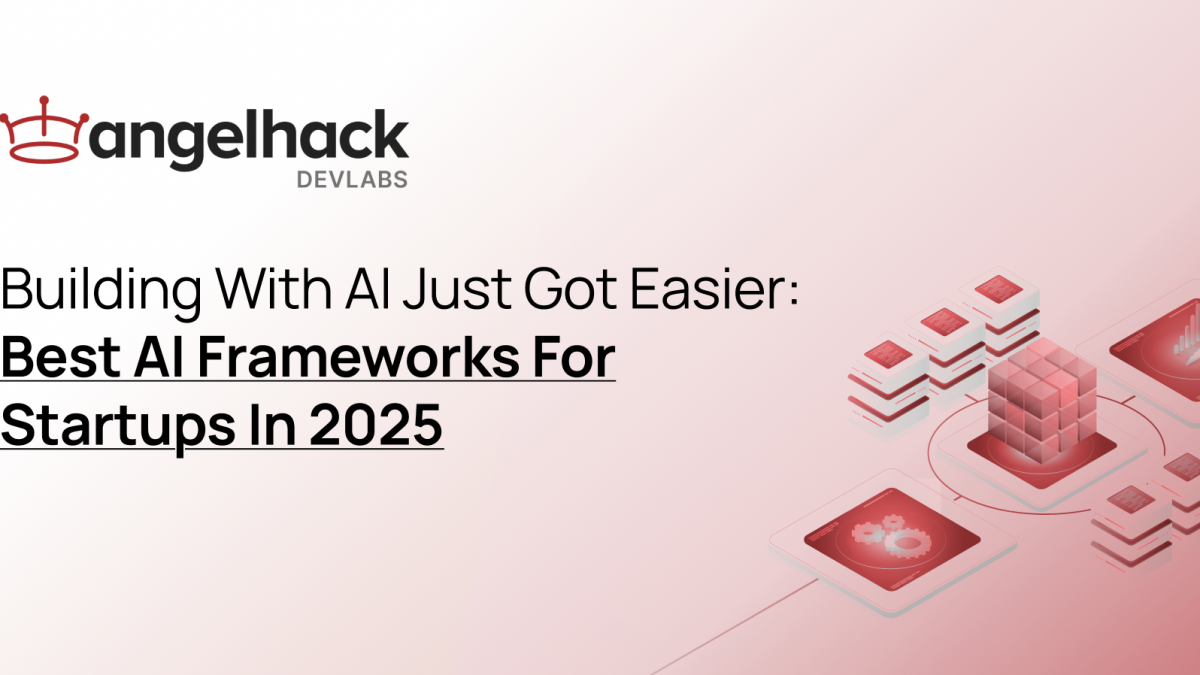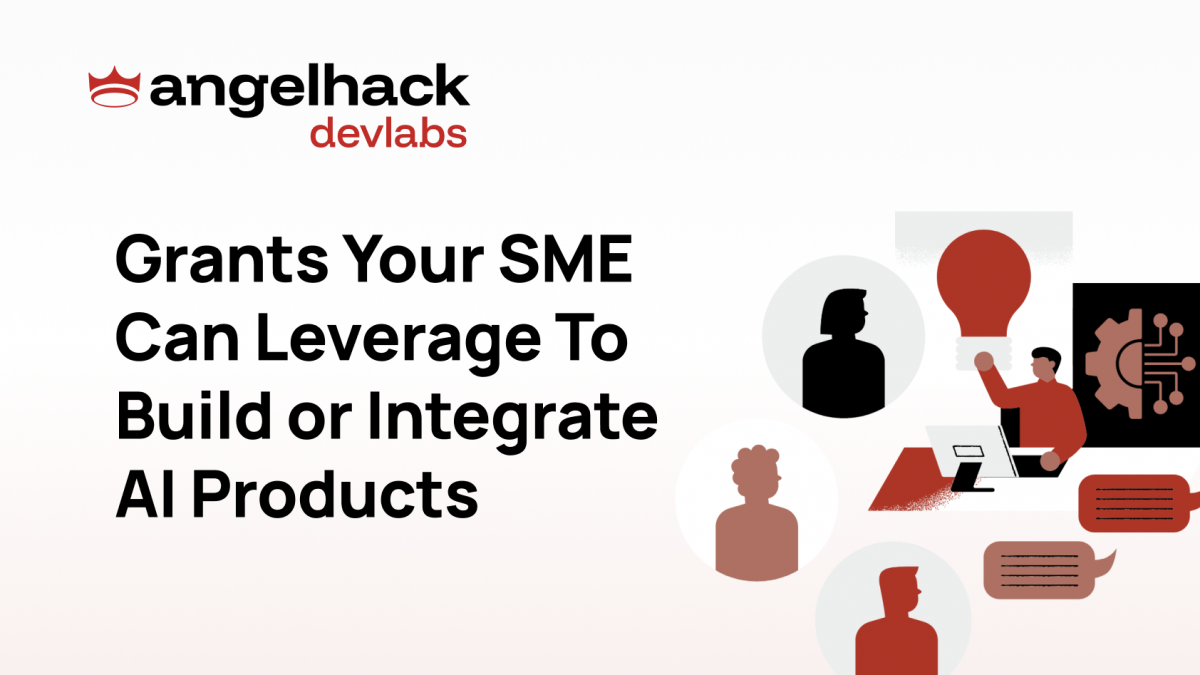The combination of AI and blockchain has produced one of the most exciting innovations in Web3: AI agents. These self-sufficient software systems execute complex tasks and transform interactions, such as managing DeFi portfolios or enriching the Web3 gaming experiences. There are almost no limits to their applications, making AI agents the catalyst of the next generation of decentralized applications (dApps) and decentralized AI. Ready to hop into this game? Let’s understand what AI agents are, what are their advantages, where they can be used in the real world, and how you can start using them right now.
What is an AI Agent?
AI agents are software entities that perform autonomous operations following specific parameters and machine learning models, using real-time data inputs. What differentiates these agents is their ability to reason, perform actions and make decisions through information processing. They possess short-term working memory, which is used to accomplish the task at hand, as well as long-term memory, which helps them learn from previous experiences and perform better. They use external APIs to pull and engage in various tasks such as retrieving live feeds or communicating with other services. AI agents are also self-sufficient and can operate without supervision, although humans are still required for critical decisions.
In the Web3 setting, these agents are the main pillar of automation, enabling seamless, intelligent interactions across decentralized ecosystems. Whether analyzing data or executing transactions, AI agents operate as silent workhorses, making blockchain technology more accessible and efficient for users worldwide.
The current state of AI Agents
According to Research and Markets, The AI agents market is estimated to reach USD 5.1 billion in 2024 and USD 47.1 billion in 2030, with a CAGR of 44.8%. The growth is driven by the increasing complexity of customer interactions, the need for customized offerings, and advancements in natural language processing (NPL) and machine learning.

The multi-agent systems (MAS) are expected to register the fastest growth, as they excel in decentralized tasks like real-time optimization and decision-making across prominent sectors such as transportation, finance, and healthcare. These systems involve multiple AI agents working collaboratively, making them much faster and more efficient than single-agent systems (SAS) which operate independently to perform specific tasks.
Customer service and support have the biggest market share, as AI agents can handle enormous numbers of client contacts efficiently, increasing satisfaction while lowering costs. North America now leads the market due to early adoption and tech giants such as Google and IBM, while Asia-Pacific is expected to develop the fastest with rapid digitalization and large AI investments from companies such as Alibaba and SoftBank.
In 2024, a major trend in AI agents is their seamless integration into existing products, enhancing functionality without overshadowing primary applications. Unlike standalone apps, these integrated AI agents provide a more streamlined user experience by running on familiar platforms. However, obtaining enterprise-level reliability remains difficult for AI Agents, with concerns such as excessive latency, debugging complexity, and data privacy limiting adoption. To solve these issues, developers are working on specialized tools and established protocols, such as the Agent Protocol, to increase AI agents’ benchmarking, interoperability, and overall reliability.
AI Agents Use Cases in Web3
AI agents are changing the landscape of the Web3 space, creating significant benefits for both individuals and companies. For individuals, these agents make it easier to perform complex tasks like trading with crypto wallets, making investment and communal decisions, or enhancing the gaming experience. By delivering personalized recommendations and eliminating monotonous tasks, AI agents boost the usability, efficiency and overall experience of decentralized platforms.
Meanwhile, AI agents help businesses scale and increase productivity by automating daily operations, optimizing workflows, and offering actionable insights that enable quick, informed decision-making. They improve client engagement through real-time support and targeted interactions, as well as financial and managerial operations including resource allocation, asset management, and governance processes, resulting in more effective oversight and strategic planning. Their advancements in anomaly detection and risk prediction also enhance companies’ security and platform stability. Now, let’s look at the top use cases in Web3, where AI agents are having a substantial impact.
AI Assistants
AI agents act as personal assistants and give real-time support to users who are trying to find their way through the complexities of Web3. They are on the side of the new users who are just starting, leading them through the basic concept of blockchain and its decentralized applications (dApps). Moreover, these agents also carry out the analysis to offer advice in managing investment portfolios, participating in governance, or using advanced smart contract features like yield farming and staking. The use of AI assistants, which provide instant and accurate guidance, significantly reduces the learning curve for Web3 technologies. Thus, it increases user satisfaction while lessening the demand for human support teams, contributing to the wider accessibility of blockchain technology.
Decentralized Autonomous Organizations (DAOs)
In DAOs, governance includes a lot of examination tasks, from diverse opinions to the trends in community voting. AI agents make this process more efficient by delivering data-backed insights for DAO members to make informed decisions. They can condense the content of proposals, clarify the main points, and estimate the possible outcomes based on historical data and voting behavior. What is more, AI agents take over the mundane governance processes such as vote counting, feedback collection and announcement, which facilitates the DAOs to be more effective in their operations and concentrate on their strategic growth, while still staying transparent and democratic.
Decentralized Finance (DeFi)
In DeFi, AI agents are critical for handling financial processes. For users, these agents offer real-time portfolio management and important insights about market trends and opportunities. They automate advanced trading techniques, balance portfolios, and execute transactions autonomously in order to maximise returns while minimising risks. For developers and platform operators, AI agents help improve liquidity by dynamically allocating assets between liquidity pools to maintain balance and ensure seamless transactions. They also monitor and mitigate risks, such as signals of market volatility or probable loan defaults, and put in place safeguard measures to protect user assets and the platform’s general stability.
Gaming and Entertainment
In gaming and entertainment, AI agents take on the role of virtual assistants and companions. These agents learn and adapt to the behaviors of each individual, generating tailored communication and interaction to enhance their overall experience. With games, they assist players with gameplay, provide personalized guidance, and facilitate user-generated content by helping design custom assets or characters, fostering a sense of ownership and community. In the broader entertainment space, these agents are used in interactive experiences, such as virtual concerts, live events, or streaming platforms. By changing the narrative based on user preferences, these agents accompany them through immersive storytelling, offer personalized recommendations, creating dynamic, engaging experiences that keep audiences captivated.

Key Players in the Decentralized AI Agents Field
As of November 2024, the AI agent landscape in the Web3 ecosystem features several key players, each contributing uniquely to the field.
- Coinbase’s Based Agent: A development platform for creating autonomous agents, leveraging Coinbase’s blockchain expertise and a user base of millions.
- Fetch.ai: A development platform and marketplace for AI agents, boasting over 150,000 followers on social media and a market valuation exceeding $250 million.
- Theoriq: A platform for composable multi-agent systems, designed to promote interoperability in decentralized environments, attracting over 50,000 community members and $6.2 million in funding.
- Octavia and Delysium: Prompt-based AI agents that transform real-time user interactions by delivering instant support, personalized recommendations, and intuitive navigation within Web3.
- Parallel Colony: A Web3 gaming platform that integrates AI agents, acting as in-game assistants or virtual companions, to create custom and dynamic gameplay, driving higher user engagement. The platform has amassed a player base of over 100,000 and maintains an active community of 80,000 followers on social media.
- Aperture Finance: A financial platform utilizing AI agents for portfolio management and trading automation, with a market valuation of $250 million.
- Noya: A DeFi platform offering advanced risk assessment tools, powered by AI agents, helping investors navigate volatile markets with confidence.
How to Develop an AI Agent?
Excited about the gains an AI Agent can bring to your business? If the development or implementation of AI agents is on your serious agenda, keep in mind that it necessitates strategic planning, comprehensive knowledge of the technology, and your business objective’s direction.
The first step is identifying the AI agents’ use cases that will bring value to your Web3 operations. Elevating the customer journey, automating operational activities, and generating data-driven insights are some of the areas where AI agents can play a pivotal role.
The next step after deciding on its purpose, is to decide whether to use an existing tool or to develop a custom AI agent. Existing tools are fast in deployment and allow for low initial costs, but have certain limitations like lack of customization, data privacy risks, and dependence on third-party platforms. In contrast, the self-development route provides full control, designated features, and robust data security, yet is costlier and more time-consuming. Hence, this method is only suitable for companies only, to guarantee a solution perfectly aligned with their specific needs.
If you are sure that self-development is the way to go, the following step would be to select the appropriate development framework. This framework will provide the structure and tools in order to design, deploy, and manage your AI agent, so make sure it is in line with your technical requirements and business goals. The main factors to take into account are compatibility with Web3 ecosystems, scalability, and easy integration with other decentralized applications (dApps) and blockchain networks.
Based on available resources, you can opt for either creating the AI agent in-house or outsourcing the project. In-house development allows for complete control over the process, thus making it possible to fully customize it and make it compatible with your internal systems. Nevertheless, the process of building up a product from the ground up is capital and time-consuming, as well as requires a skilled workforce, which may not be suitable for every company. Outsourcing, on the other hand, provides access to skilled developers while shortening the time to market. To ensure that the finished project matches your expectations, you should be selective about your partner. Look for a development firm with a solid track record, extensive knowledge of Web3 technologies, and a dedication to data security and compliance.
Now it’s building time! The development process most often includes: design of the agent, development of core functionalities, integration with Web3 systems, training on relevant data, performance testing, and finally, deployment for operations. Each of the stages mentioned is equally important in ensuring the agent functions effectively and securely within your ecosystem.

Integrating AI agents into your systems can cause a lot of headaches, but if you have the right partners and the proper approach, it is a lot more manageable. If you are seeking consultation or assistance, then look no further—AngelHack is here to help. With over a decade of experience in the Web3 space, our Developer Labs specializes in crafting innovative solutions with agility, flexibility and scalability. From concept to deployment, we’ll guide you every step of the way to bring your AI agent vision to life.
Bring Your AI Vision to Life
Partner with AngelHack to turn your AI agent to reality—fast, flexible, and scalable
Conclusion
The AI wave shows no signs of slowing down, and Web3 is no exception. As a matter of fact, the future of decentralized AI is just getting started. In 2025, AI agents are set to expand significantly, with more products, wider adoption, innovative enterprise solutions, and evolving use cases across Web3 – the astounding growth of platforms and marketplaces for AI Agents has foreshadowed that!
Whether you’re a leader, developer, or entrepreneur, embracing AI and its transformative power will put you at the forefront of this technological evolution. Don’t just adapt to changes – lead the changes.




